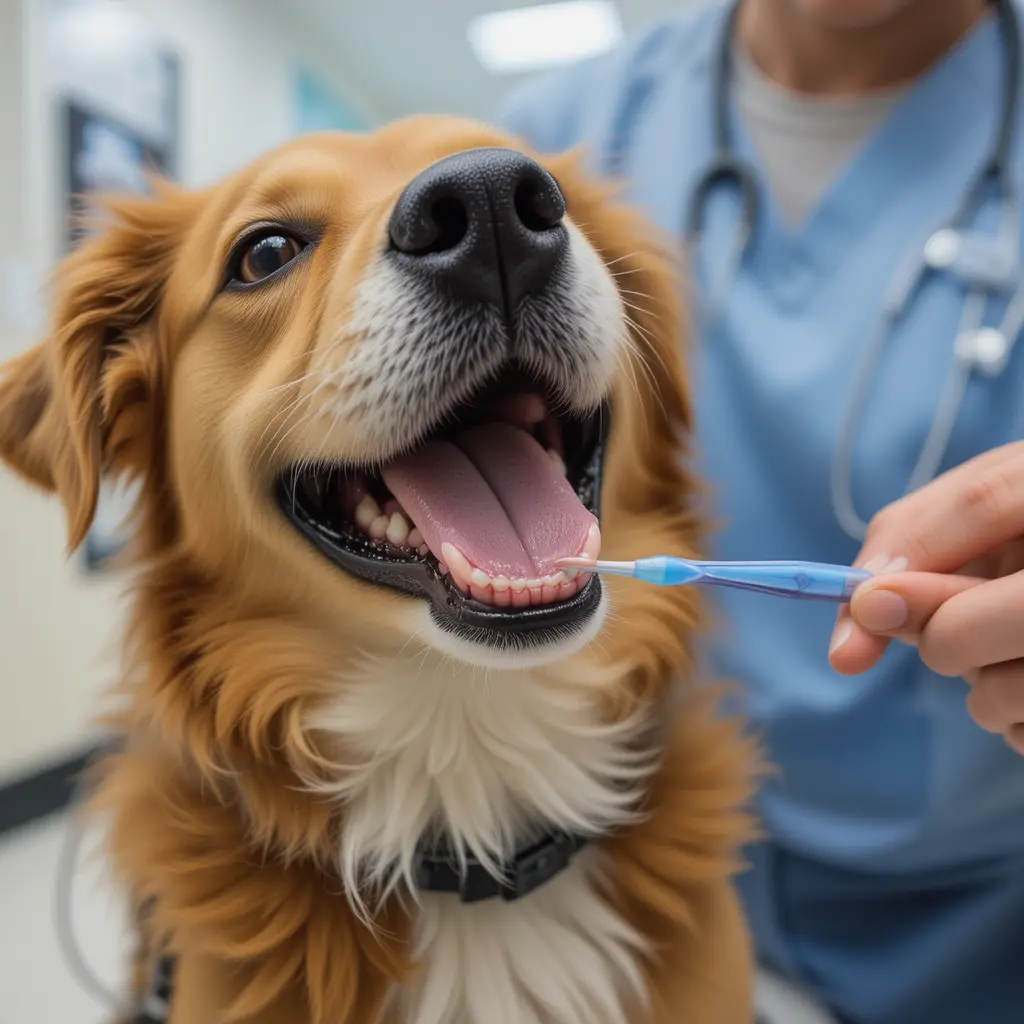Pet Health
Ensuring the well-being of our beloved pets is a top priority for any pet owner. From nutrition to exercise, grooming to regular vet check-ups, there are numerous factors that contribute to maintaining our furry friends’ health and happiness. In this article, we will explore important tips for maintaining your pet’s health, common health issues that pets may face, and how to prevent them. By staying informed and proactive, we can help our pets live long, healthy lives by addressing their physical and emotional needs.
Important Tips for Maintaining Your Pet’s Health
As a pet owner, it is essential to prioritize your pet’s health and well-being. Here are some important tips to help you maintain your pet’s health:
1. Regular Veterinary Check-ups
- Schedule annual check-ups with your veterinarian to monitor your pet’s overall health and detect any potential issues early.
2. Balanced Diet
- Provide your pet with a balanced and nutritious diet to support their growth and development.
- Avoid feeding your pet foods that are harmful to their health, such as chocolate, grapes, and onions.
3. Regular Exercise
- Engage your pet in regular physical activity to maintain a healthy weight and promote cardiovascular health.
- Consider your pet’s breed and age when determining the appropriate level of exercise.
4. Dental Care
- Brush your pet’s teeth regularly to prevent dental issues such as tartar buildup and gum disease.
- Provide dental treats or toys to help keep your pet’s teeth clean.
5. Parasite Prevention
- Protect your pet from fleas, ticks, and worms by using preventive medications recommended by your veterinarian.
- Keep your pet’s living environment clean to reduce the risk of parasite infestations.
6. Mental Stimulation
- Provide mental stimulation for your pet through interactive toys, puzzles, and training exercises to prevent boredom and behavioral issues.
7. Grooming
- Regular grooming, including brushing, bathing, and nail trimming, helps keep your pet clean and healthy.
- Check your pet’s skin and coat for any abnormalities or signs of skin conditions.
By following these important tips for maintaining your pet’s health, you can ensure that your furry friend lives a happy and healthy life.
Common Health Issues in Pets and How to Prevent Them
As a pet owner, it’s essential to be aware of the common health issues that can affect your furry friend. By staying informed and taking preventive measures, you can help ensure your pet stays happy and healthy. Here are some common health issues in pets and tips on how to prevent them:
1. Obesity
Obesity is a prevalent issue in pets and can lead to various health problems such as diabetes, arthritis, and heart disease. To prevent obesity in your pet, ensure they have a balanced diet, regular exercise, and avoid overfeeding.
2. Dental Problems
Poor dental hygiene can result in dental issues like gum disease, tooth decay, and bad breath. To prevent dental problems, brush your pet’s teeth regularly, provide dental treats, and schedule professional cleanings with your veterinarian.
3. Parasites
Parasites such as fleas, ticks, and worms can cause discomfort and serious health issues in pets. To prevent parasites, use preventive medications recommended by your vet, keep your pet’s living area clean, and regularly check for signs of infestation.
4. Allergies
Pets can develop allergies to various substances like pollen, certain foods, or flea bites. To prevent allergies, identify and avoid the allergen if possible, provide a balanced diet, and consult with your vet for appropriate treatment options.
5. Arthritis
Arthritis is a common health issue in senior pets but can also affect younger animals. To prevent arthritis, maintain your pet’s healthy weight, provide joint supplements if necessary, and ensure they have regular low-impact exercise.
6. Heatstroke
During hot weather, pets are at risk of heatstroke, which can be life-threatening. To prevent heatstroke, provide access to shade and fresh water, avoid exercising in extreme heat, and never leave your pet in a parked car.
7. Anxiety and Behavioral Issues
Anxiety and behavioral problems can impact your pet’s overall well-being. To prevent these issues, provide a safe and stimulating environment, regular exercise, and consider behavior training if needed.
By staying proactive and attentive to your pet’s health needs, you can help prevent common health issues and ensure they live a long and happy life.






